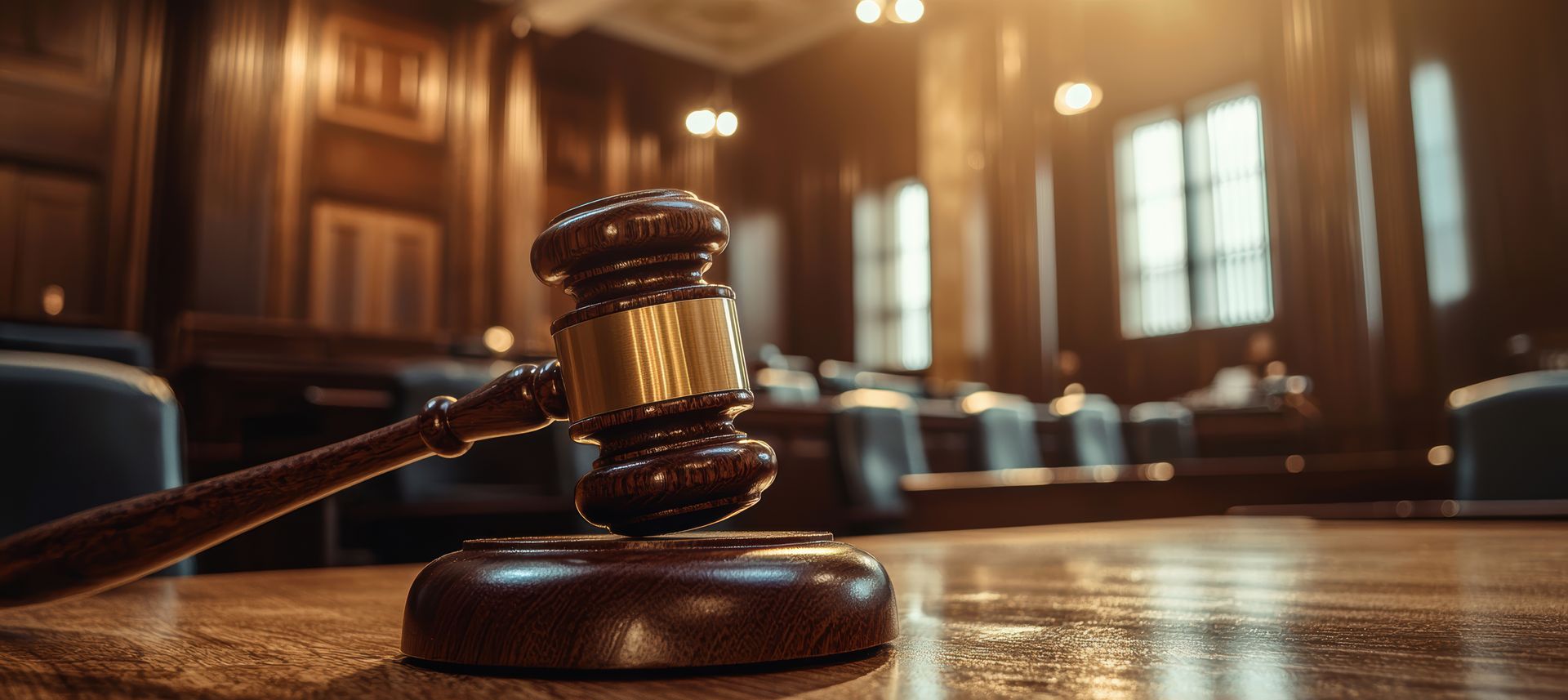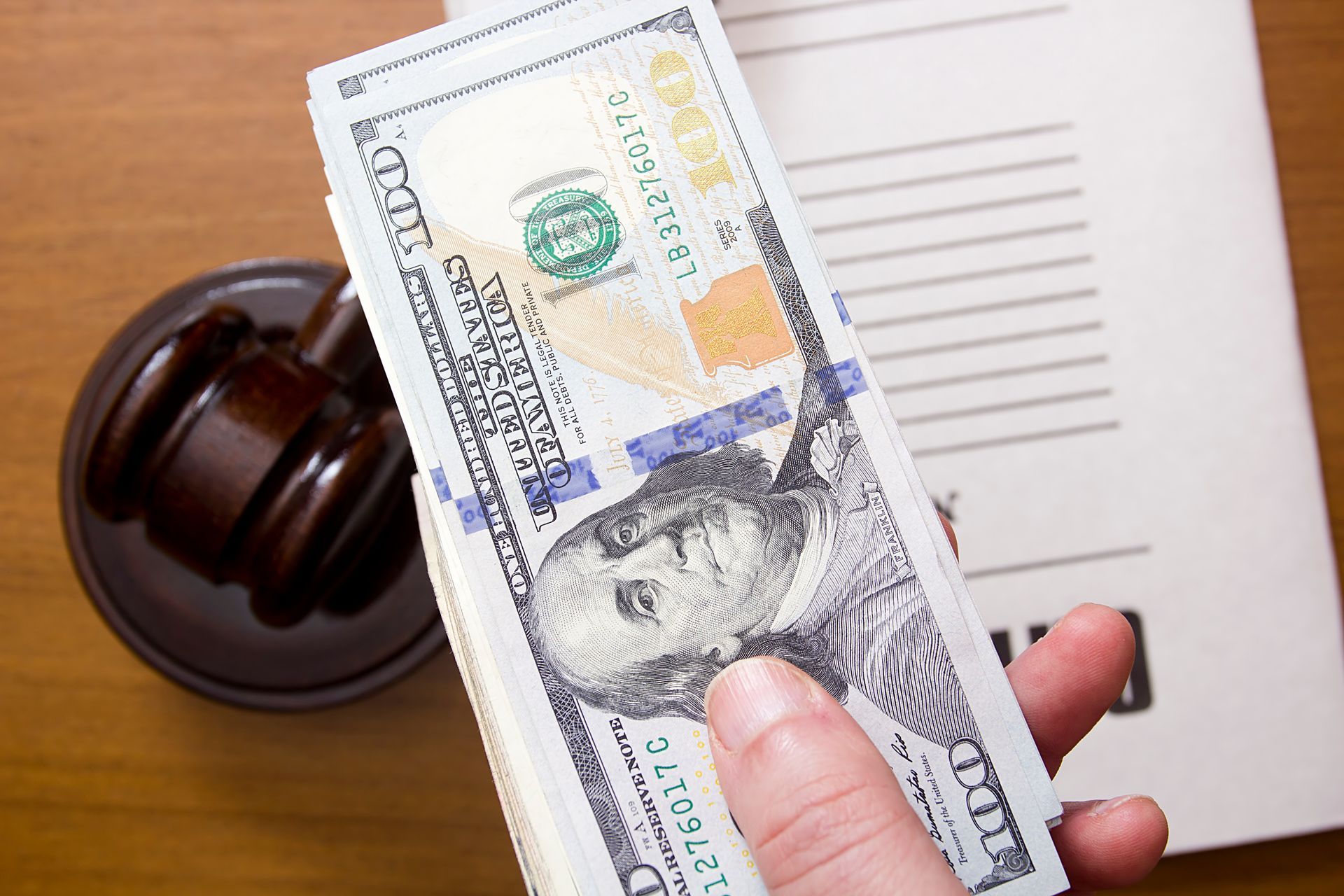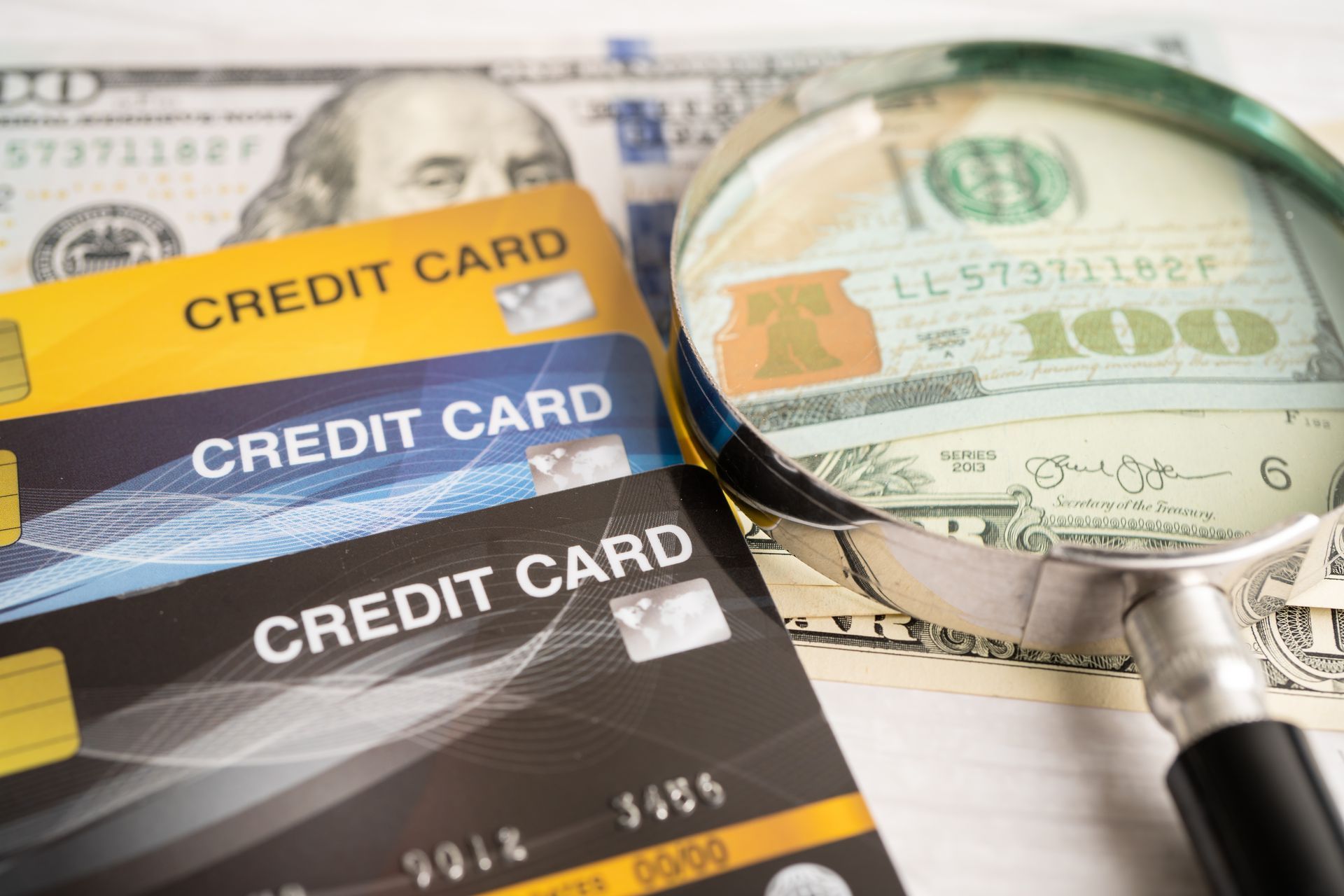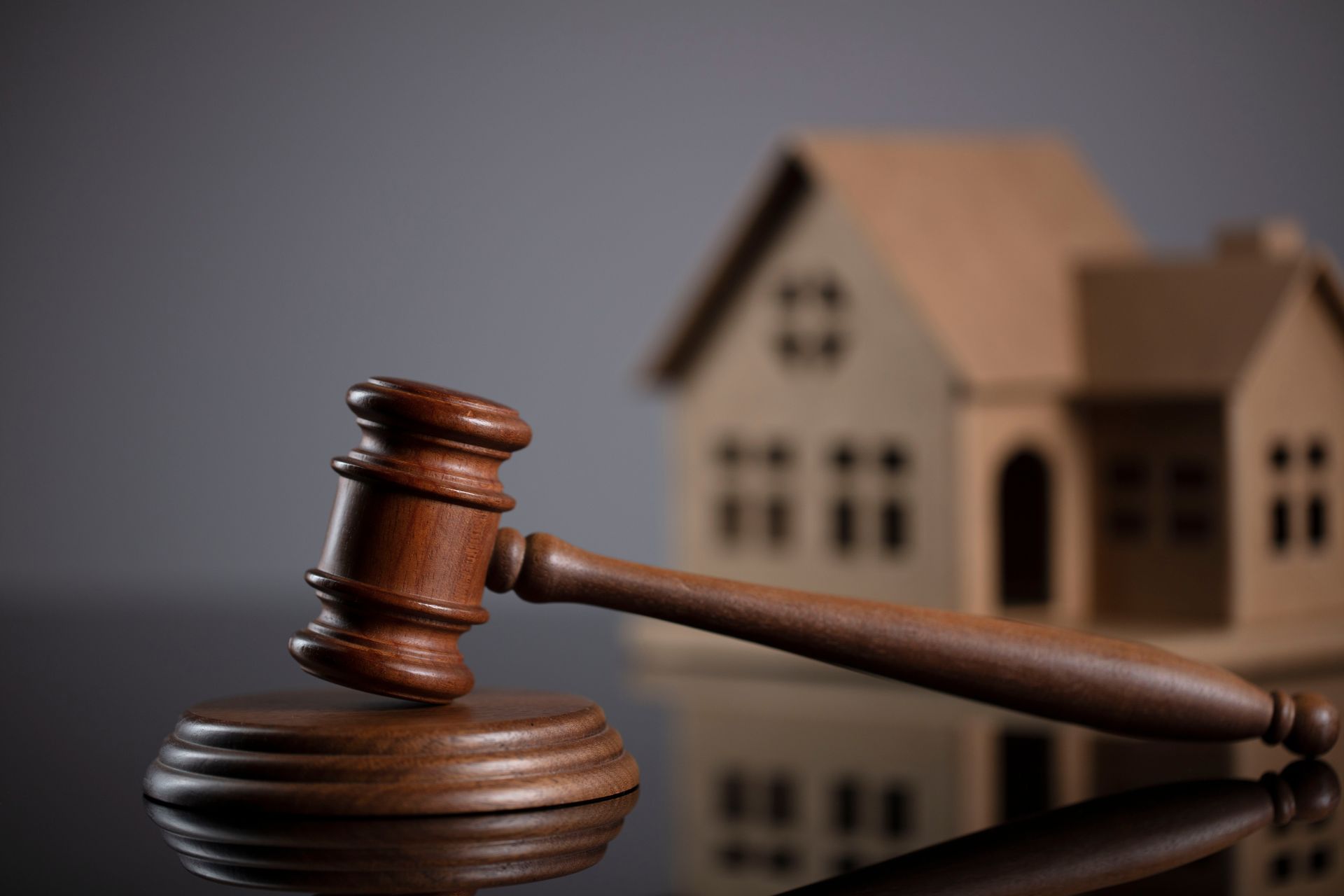What Debts Can Be Discharged in Chapter 13 Bankruptcy in Alabama?
What Debts Can Be Discharged in Chapter 13 Bankruptcy in Alabama?
Filing for Chapter 13 bankruptcy in Alabama offers individuals a path to regain financial control without losing their property. While Chapter 13 involves a structured repayment plan over 3 to 5 years, one of its key benefits is the discharge of certain debts at the end of the plan. Understanding which debts can be eliminated through Chapter 13 is essential for anyone considering this option.
What Is Chapter 13 Bankruptcy?
Chapter 13 bankruptcy is also known as a "wage earner’s plan." It allows individuals with a regular income to create a court-approved repayment plan to manage their debts. At the end of the plan period, many unsecured debts may be discharged, giving the filer a financial fresh start.
Dischargeable Debts in Chapter 13 Bankruptcy
Several types of debts can be wiped out at the end of a successful Chapter 13 plan, including:
1. Credit Card Debt
Credit card balances, including interest and late fees, are typically dischargeable unless they involve fraud.
2. Medical Bills
Unpaid medical bills can be included in your Chapter 13 repayment plan and discharged if not fully paid by the end of the term.
3. Personal Loans
Unsecured personal loans from banks, online lenders, or individuals can usually be discharged.
4. Utility Bills
Outstanding gas, electric, water, or phone bills may be included and ultimately discharged.
5. Certain Older Income Tax Debts
In specific cases, income tax debts may be dischargeable if they meet strict IRS criteria, including age and filing requirements.
6. Lease Obligations and Judgments
Past-due rent or lease-related obligations may be discharged, as can civil court judgments related to unsecured debt.
7. Deficiency Balances from Repossessions
If your car or property was repossessed and the sale didn’t cover the full loan amount, that remaining balance (deficiency) can often be discharged.
Debts Not Typically Discharged in Chapter 13
Some debts are generally non-dischargeable, including:
- Student loans (unless undue hardship is proven)
- Most taxes and tax penalties
- Child support and spousal support
- Criminal fines or restitution
- Debts from fraudulent activity
Importance of Completing the Plan
To receive a discharge, the debtor must complete all payments under the Chapter 13 plan. Failing to do so may result in no discharge being granted, meaning you could still owe remaining balances.
How Backus Law Group Can Help
At Backus Law Group, we work with individuals across Alabama to develop tailored Chapter 13 plans that address their debt and protect their property. We help clients understand what debts can be discharged, which must be paid, and how to complete the plan successfully. With our legal support, clients can move toward a more stable financial future.









